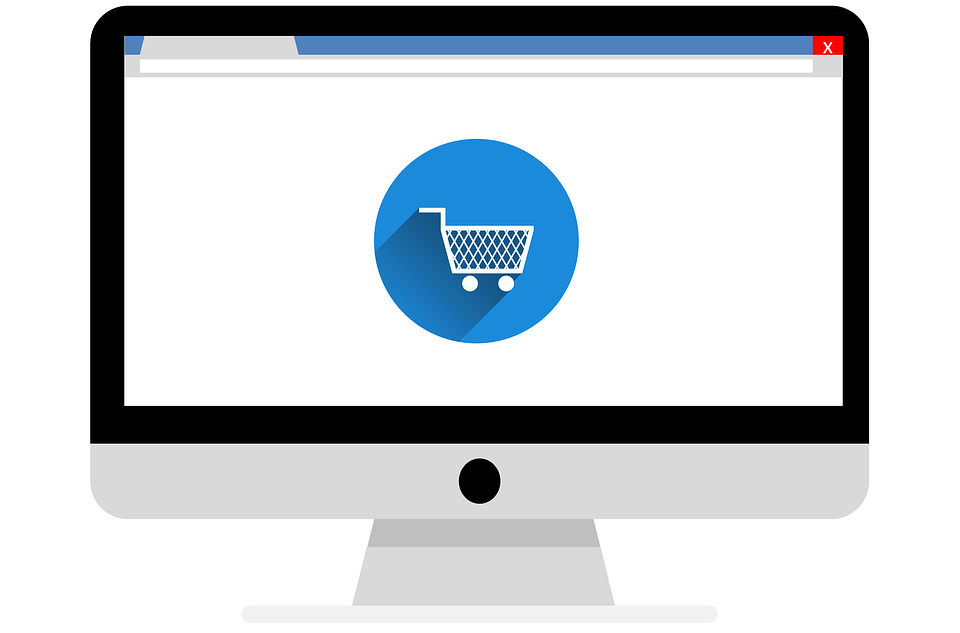Many people still feel that hosting an eCommerce store can lead to the quick selling of their products from various places. But not many manage to even make a strong impression in the online world, leading to lack of visitors and an inventory that refuses to move.
Owing to evolving Google algorithms, search engine marketers need to stay utterly compliant when proposing SEO tactics for a WordPress or an e-commerce site. You can optimize your eCommerce site for SEO to attract organic traffic to lead to more sales.
Here is an SEO checklist and a WordPress site speed guide that will put your portal on the online map and in front of the intended audience.
1. Secure the Website With HTTPS Tag
Most portals that handle financial transactions are not secured enough. They demand personal information from the intended audience along with their credit card, address, and other details. For all e-commerce portals, it is important to use HTTPS across the entire site, especially to ensure data protection of your customers.
Additionally, Google ranks sites that use HTTPS highly. According to several studies, HTTPS sites consistently rank higher than the others.
2. Boost Website Speed With Product Page Optimization
Google has time and again indicated that page speed is crucial for higher page rankings. Obviously, the search engine giant will not bank on slow, clunky pages for its business.
Hence it is evident that the portal pages need to load quickly. Otherwise, chances are that your prospective customers could turn a blind eye to your offerings and increase the bounce rate of the site.
To boost the speed of product pages, it is important to optimize every page, starting with images that load quickly. You can upload small sized photos, utilize plugins like ShortPixel for WordPress or WooCommerce-based sites, utilize JPEG images, or reduce thumbnail sizes of the images.
3. Optimize Product Pages With Long-Tail Keywords That Blend Buyer Intent
Keywords are the key to SEO practices since these are the words that every searcher actively looks for through search engines. But one does have to dig deeper to get niche keywords that are connected to buyer needs. Search for relevant short- and long-tail keywords that could be part of your search engine optimization strategies.
Marrying these keywords with buyer intent helps businesses to know products that are of interest to buyers from different places. Be proactive in using them in title tags, headings, meta descriptions, product descriptions, and more, or use the Google Keyword Planner to find the popular ones.
4. Use Intelligent Meta Descriptions for Every Product Page
Meta Tags serve the purpose of narrating the story about your website to the popular search engines. These tags and descriptions can boost site rankings and help searchers find relevant information about product page content. The Title Tag should be connected to its contents precisely, while Meta Tags need to expand on the search phrases to entice the visitors interested in them. Your meta descriptions need to be compelling and clickable since they do impact the Clickthrough Rate that directly affects your SEO campaigns.
5. Pay Attention to Product Page URLs
Google prefers short URLs that include relevant keywords of the product pages. With short, keyword-rich product page URLs, Google will understand the overall content within the product page itself. A poorly-structured product URL can easily pull down a website’s ranking. This is because search engines like Google parse through your website for information for indexing your site. Crawlers inspect URLs for page information that is claimed in the URL about the product. Conduct in-depth URL analysis and rewrite the product page URLs instead of relying on the default links.
6. Build Links for Product Pages
Google has always stressed the importance of backlinks on product page rankings. SEO benefits hugely with the increase in the number of backlinks to product pages. One can give samples of the product in return for positive reviews and backlinks from other sites, especially those from influencers within your domain. The high number of backlinks can boost your SEO optimization strategy in a big way.
Conclusion
As part of the WordPress site speed guide, the above points can actually positively impact your SEO strategy and site performance. The effort is astounding for keyword research and in building links back to product pages, but it is all well worth it in the end.
This is a Contributor Post. Opinions expressed here are opinions of the Contributor. Influencive does not endorse or review brands mentioned; does not and cannot investigate relationships with brands, products, and people mentioned and is up to the Contributor to disclose. Contributors, amongst other accounts and articles may be professional fee-based.

